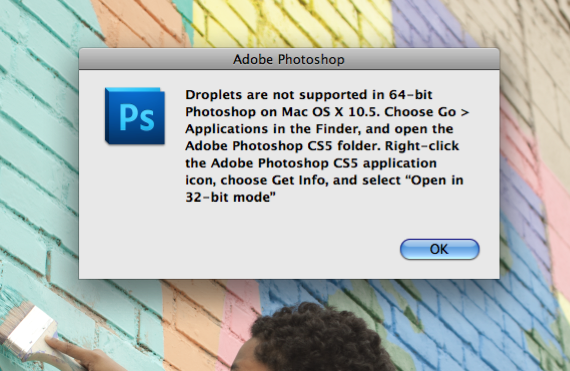[gallery link="file" columns="2"]
So here are some new Illustrations I did for a personal project. I made the image of Charles Bukowski using the text from one of his best poems, "The Genius if the Crowd".
The other is the one and only Bob Dylan made out of lyrics form "Like Rolling Stone" and if you don't know the lyrics well, you have bigger problems.
Shaping all the text and sizing it to fit crashed Photoshop and Illustrator about 10 millions times. Printed out at 24x17 these look amazing I must add.
Hope you like.
The Genius Of The Crowd
Charles Bukowski
there is enough treachery, hatred violence absurdity in the average
human being to supply any given army on any given day
and the best at murder are those who preach against it
and the best at hate are those who preach love
and the best at war finally are those who preach peace
those who preach god, need god
those who preach peace do not have peace
those who preach peace do not have love
beware the preachers
beware the knowers
beware those who are always reading books
beware those who either detest poverty
or are proud of it
beware those quick to praise
for they need praise in return
beware those who are quick to censor
they are afraid of what they do not know
beware those who seek constant crowds for
they are nothing alone
beware the average man the average woman
beware their love, their love is average
seeks average
but there is genius in their hatred
there is enough genius in their hatred to kill you
to kill anybody
not wanting solitude
not understanding solitude
they will attempt to destroy anything
that differs from their own
not being able to create art
they will not understand art
they will consider their failure as creators
only as a failure of the world
not being able to love fully
they will believe your love incomplete
and then they will hate you
and their hatred will be perfect
like a shining diamond
like a knife
like a mountain
like a tiger
like hemlock
their finest art





